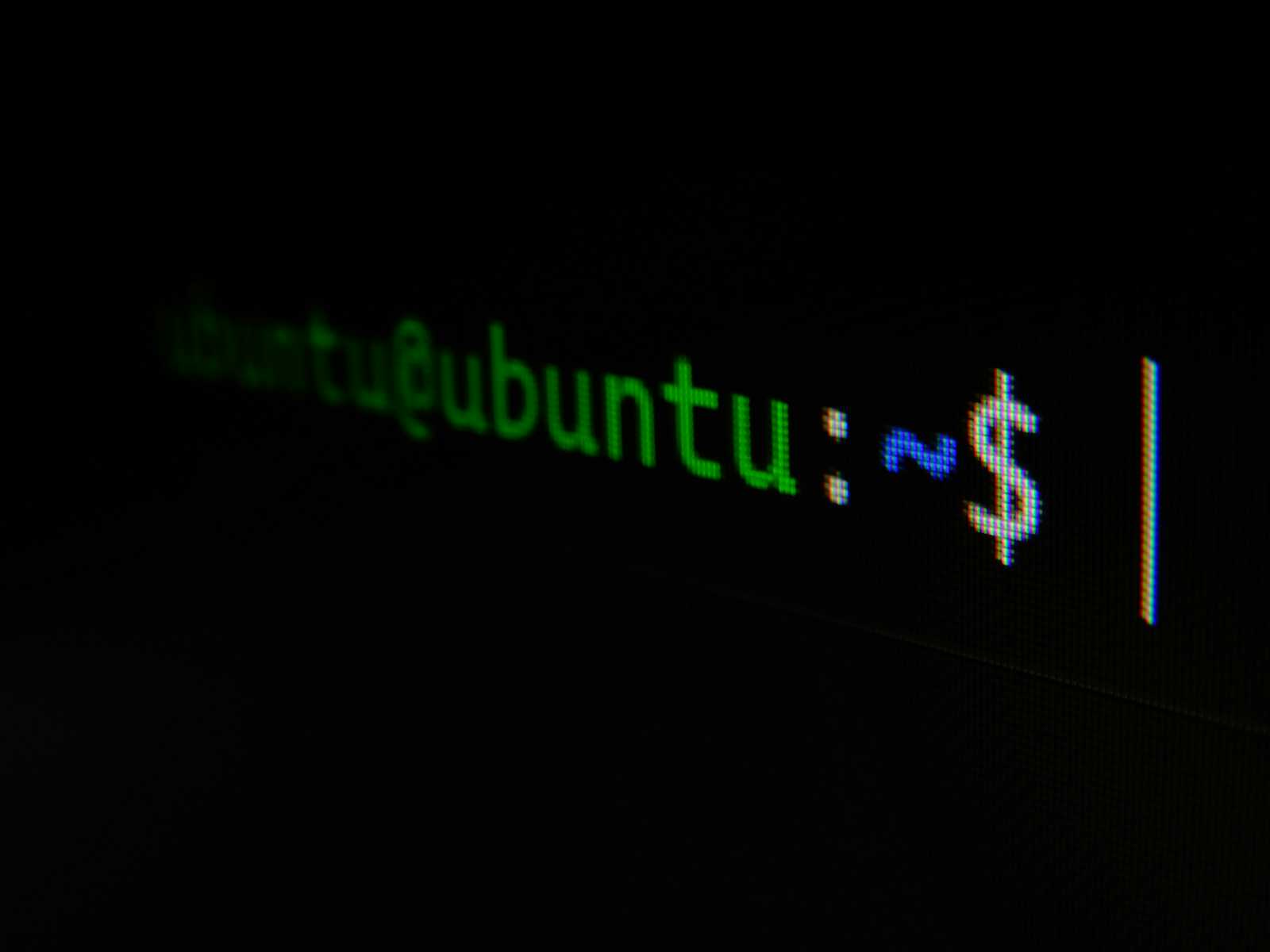Top Linux Interview Questions for DevOps Engineers
 Chetan Mohanrao Mohod
Chetan Mohanrao Mohod
As a DevOps engineer, Linux forms the backbone of most infrastructure. Here are the most commonly asked Linux interview questions you should be prepared for:
What is Linux, and why is it important for DevOps?
- Be ready to explain why Linux is widely used in server environments for its stability, security, and scalability.
How do you manage file permissions in Linux?
- Know the chmod, chown, and permission structure (read, write, execute) for files and directories.
How do you check system resource usage (CPU, memory, disk)?
- Familiarize yourself with commands like top, htop, free, df, and vmstat for resource monitoring.
What is the significance of the SSH command in Linux?
- Understand how SSH provides secure remote access to servers and enables safe file transfers.
How do you troubleshoot network issues in Linux?
- Review commands like ping, netstate, ifconfig, nslookup, and traceroute for diagnosing network problems.
How do you create and manage users and groups in Linux?
- Practice using commands like useradd, usermod, passwd, and groupadd for managing users and groups.
How do you manage software packages in Linux?
- Be comfortable with package managers like apt, yum, and rpm for installing, updating, and removing software.
What is the purpose of /var/log/ Linux?
- Understanding how log files are stored /var/log/ is critical for system auditing and troubleshooting.
What is a kernel in Linux, and how does it interact with hardware?
- Explain the role of the Linux kernel in managing hardware resources and processes.
How do you find files in Linux?
- Know commands like find, locate, grep, and which for searching files and directories.
What is the use of the cron command in Linux?
- Understand how to schedule tasks using cron jobs and the syntax for setting them up with crontab.
What are Linux daemons?
- Be prepared to explain what background services (like
httpd,sshd) are and how to manage them using systemctl or service.
- Be prepared to explain what background services (like
How do you set environment variables in Linux?
- Explain how to set environment variables using export, and where to define them permanently.
How do you mount and unmount filesystems in Linux?
- Know how to use the mount and unmount commands and manage fstab for automatic mounting.
What is SELinux, and how does it improve security?
- Be familiar with Security-Enhanced Linux (SELinux) and its role in enforcing security policies.
Subscribe to my newsletter
Read articles from Chetan Mohanrao Mohod directly inside your inbox. Subscribe to the newsletter, and don't miss out.
Written by

Chetan Mohanrao Mohod
Chetan Mohanrao Mohod
DevOps Engineer focused on automating workflows, optimizing infrastructure, and building scalable efficient solutions.